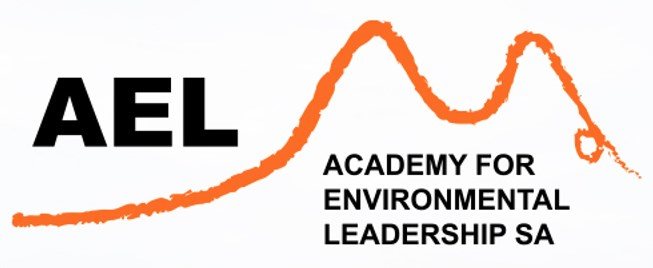Conservation Ecology is a multi-disciplinary field that integrates knowledge and skills from various disciplines to address the complex issues (such as climate change, biodiversity loss, resource degradation and loss), that threaten social ecological systems worldwide. How it combines insights from various disciplines, including biology, ecology, geography, chemistry, social sciences, and economics and many others is what initially drew me to the field. This is because, to effectively address complex challenges, a multi-disciplinary approach is crucial.
Mapping conservation ecology involves integrating diverse disciplines, each contributing a unique piece to the puzzle of ecological conservation. This holistic approach helps us work across multiple sectors of society and address the threats and complex challenges facing the conservation sector. By integrating the insights of various disciplines, we can work towards a more sustainable future.
Safeguarding biodiversity
Conservation is a crucial discipline that focuses on conserving biological diversity and addressing challenges such as those associated with habitat loss, invasive alien species, and the effects of climate change on ecosystems. For example, as climate change continues to shape the planet, conservation ecologists must incorporate climate science into their strategies, studying the impact of climate change on ecosystems, assessing vulnerability, and developing adaptation plans that may include improving our understanding of hydrological systems, that is essential for conserving water resources needed to safeguard both biodiversity and humanity.
Conservation ecologists may also contribute to developing regulations safeguarding ecosystems and influencing policy decisions, promoting sustainable practices and biodiversity protection. Ecologists can make a compelling case for protecting natural habitats by integrating economic principles (of quantifying the services provided by nature, such as pollination and water purification) into conservation planning.
In the case of invasive alien species (IAS) (those whose ranges have been altered by humans, leading to self-replacing populations and spreading over large areas and outcompete indigenous species), the negative impacts of IAS on biodiversity, livelihoods, and ecosystems have been recognised globally. Therefore, integrative approaches to conservation and invasion science helps enhance linkages between science, policy, and practice by improving stakeholder engagement and embedding research into decision-making. An example of such an initiative is the Working for Water (WfW) program, established in 1995 in South Africa, which has made significant financial contributions to managing invasive alien plants (IAPs). The program aims to recover ecosystem services (water resources) lost to IAPs, empower individuals, and conserve biological diversity, ecological integrity, and catchment stability. WfW's financial investment included research funding to improve understanding of IAP impacts and develop evidence for best management practices. By doing this they were able to make a persuasive case for protecting natural habitats that involved economists, hydrologists, and other disciplines. Whilst also navigating and shaping the complex legal and policy frameworks essential to effective action.
People at the core of effective ecosystems
Conservation is not just about flora and fauna but also about people. We as people are both the implementers and beneficiaries of conservation, and therefore our role must be better understood. Anthropology and sociology provide a human-centric perspective on conservation ecology, examining the relationships between local communities and ecosystems. Understanding the cultural and human-dimensions of conservation is crucial for designing ecologically sound and culturally sensitive strategies. Similarly, improving our understanding of social science, economics, law, and politics are also essential to solving complex conservation problems, such as climate change, invasive species, urbanisation, and more. For example, in some cases, the economic argument can be more persuasive and effective in furthering conservation efforts, as socio-economic circumstances may directly affect conservation efforts, particularly where communities are dependent on the conserved resources or area for their livelihoods.
Spreading the message
Conservation ecology is a multi-disciplinary field that integrates knowledge and skills from various disciplines to address the complex issues of ecosystems and human dimensions of conservation. Each domain contributes unique perspectives, and it is crucial to integrate insights from different sectors holistically. Effective communication is vital to the success of conservation initiatives, as conservation ecologists bridge the gap between scientific knowledge and public understanding. They use data science and modelling techniques to analyse vast datasets, gain insights into ecological patterns, and predict future trends, enhancing informed decisions about conservation strategies.
Social-ecological challenges are complex and require co-design and co-learning, comprehensive planning and adaptive management, accounting for knowledge diversity, improving linkages between research and practice, allowing for dialogue between all role-players, and engagement with communities, governments, and industries. We therefore need collaboration across various disciplines and sectors. Interdisciplinary teams, including ecologists, sociologists, economists, and experts from different fields, work together to develop holistic solutions. It requires us to work with communities, field workers, rangers, researchers, educators and many others with the view of improving research integration into practice, as well as improved civil society involvement, coordination with law enforcement, and understanding the law, all of which are essential to conservation success.
There are many routes to getting involved in conservation ecology since there are many role players. I encourage all those interested in nature, like me, to explore the numerous possibilities available to enter the field and make a genuine, lasting impact on our planet's future.



































